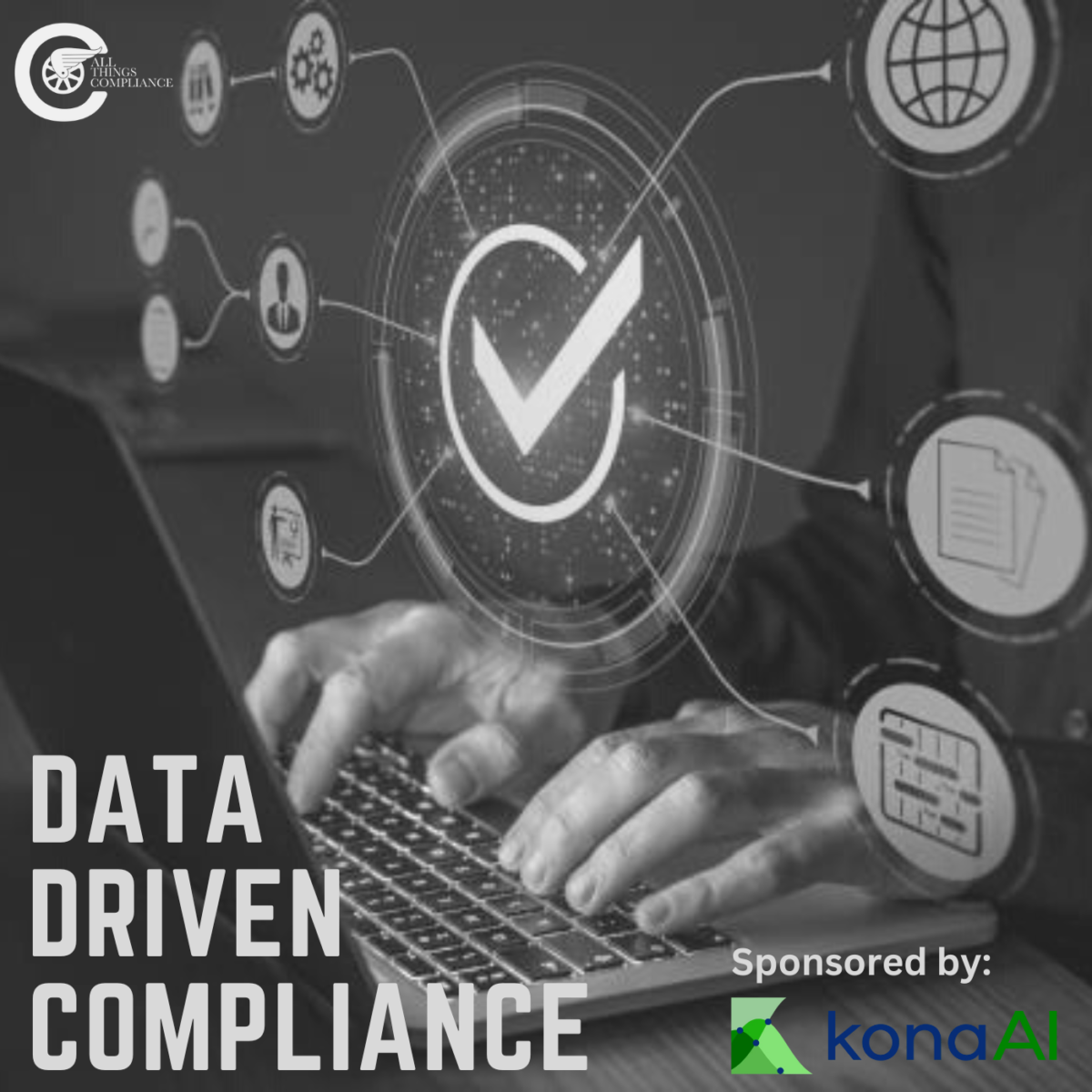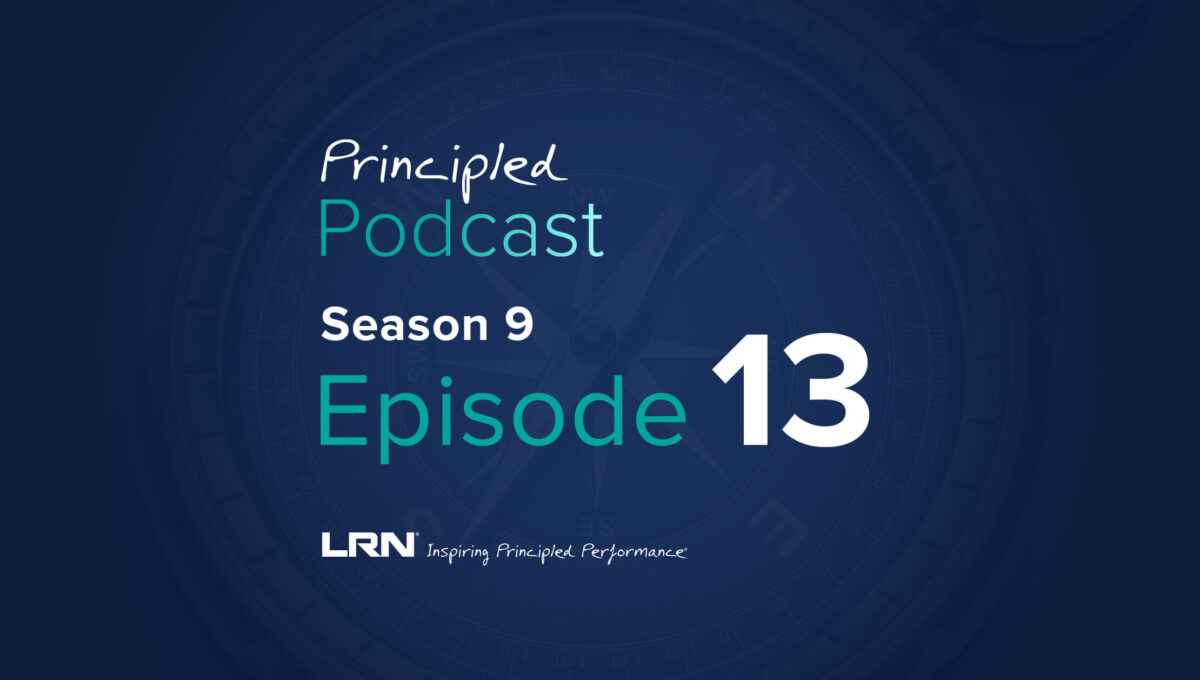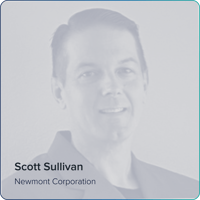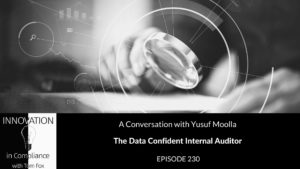Are you struggling to keep up with the ever-changing compliance programs in your business? Look no further than the award-winning Data Driven Compliance podcast hosted by Tom Fox. This podcast features an in-depth conversation about the uses of data and data analytics in compliance programs.
The Data Driven Compliance features an insightful discussion between host Tom Fox and guest Dave Crozier from Certa. Dave explains how Certa’s workflow automation platform eliminates swivel chairs, data silos, and process blind spots to make the due diligence process more efficient and trustworthy. They discuss the importance of validating and fact-checking data using validation techniques and exception-based triggers. The conversation also touches on supply chain risk management and the advantages of data-driven controls. Dave emphasizes the need to tailor solutions to an organization’s requirements and resources and benchmark against industry standards. This podcast is a must-listen for compliance officers, board members, and anyone interested in improving their risk management framework. So, tune in to the Data Driven Compliance and learn from industry experts like Tom Fox and Dave Crozier!
Key Highlights:
· Digital Transformation and Workflow Automation for Risk Mitigation
· Importance of Validating Information
· Supply chain risk management and automation
· Customized Risk Management Strategies
· Automation and Transparency for Efficient Compliance
· Continuous Learning and Workflow Automation in Organizations
KEY QUOTES:
“I can tell you that, you know, from my own personal experience and our clients’ experiences, that not all data coming from all places is created equal.”
“Having different techniques that could be deployed along the way that don’t add friction to the process. It’s a breadcrumb trailer of authentications that happen for all of these data sources along the way to make sure that, you know, you’re going in the right direction.”
“Think of validating the tax ID that is valid and authentic in the eyes of the registry directly.”
“To be able to capture content and serve it, you know, fit for purpose wise to the user is a critical aspect from our perspective.”
Resources:
Dave Crozier on LinkedIn
Tom Fox
Connect with me on the following sites:













